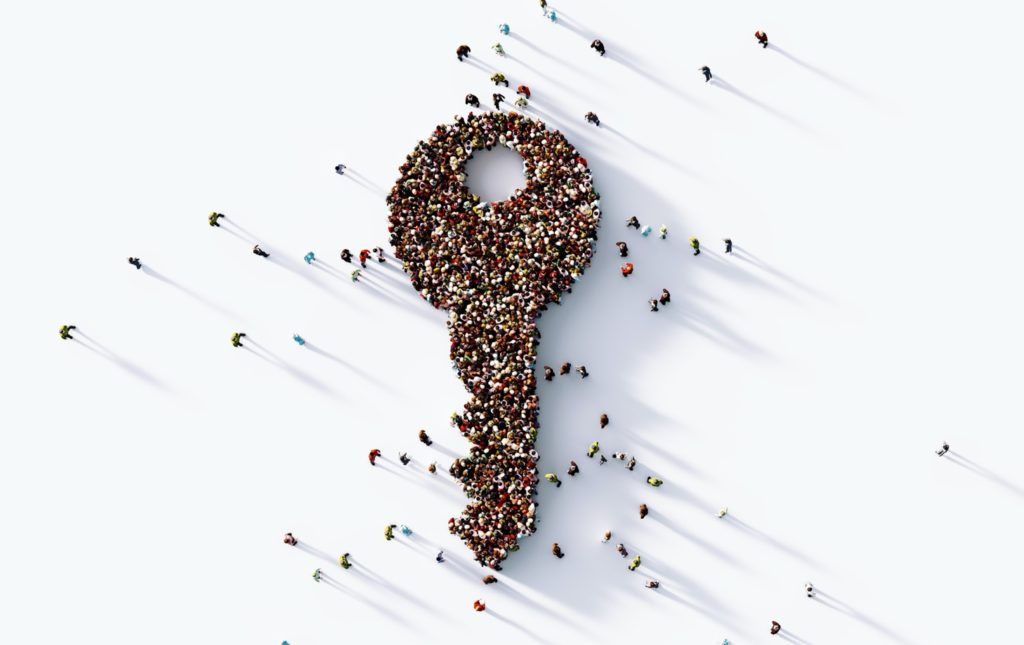Welcome to the newly revamped Key Developments, now twice weekly and with non-COVID news. Right now, it’s actually still just COVID news, but we’ll be slowly morphing it into something broader as we go.
There are over 13.4 million global cases. The rate of global case growth is increasing. There have been over 580,000 deaths around the globe. There are over 3.5 million cases in the US–up half a million since last week. There have been almost 140,000 deaths in the US. The US, Brazil, and India continue to lead global case growth.
Deaths are rising sharply in the US:
Coronavirus deaths in US trending up sharply in almost every region and a majority of states, including many beyond the hard-hit Sun Belt. Although testing has remained flat, 20 states and Puerto Rico reported a record-high average of new infections https://t.co/kWXle344UW
— Alfons López Tena 🦇 (@alfonslopeztena) July 13, 2020
Immunity to the pandemic virus may not be long-lasting. Antibodies tend to taper off after a few months, and more than 80% of people in a longitudinal study lost their neutralizing antibodies by the three-month mark. There have been case reports of reinfection as well. There’s still T and B-cell mediated immune responses that may be more stable, so we don’t know exactly what this means, but hopes for herd immunity and robust vaccine responses could definitely be impacted by the antibody problem. Epidemiologists warn that we’ll most likely have vaccines that only work partially.
A reminder that achieving herd immunity in the absence of a vaccine is a bad policy stance:
Let’s talk about herd immunity. I’ve listened to some people argue that the rapid spread of cases is a good thing, and we need to reach herd immunity in Mississippi and elsewhere to survive. I’m not a health care expert by any means, but I am a math guy. And I have thoughts:
— Governor Tate Reeves (@tatereeves) July 13, 2020
California is releasing 8,000 inmates by the end of August in an effort to reduce the spread of COVID-19 in that population. Meanwhile, police departments in the state are taking huge budget cuts and reducing staffing to much lower levels. The combination of these two policies is… concerning. I’m also left wondering where these former inmates will be housed. Homelessness in California is already at crisis levels, and homelessness puts people at risk for COVID-19 as well.
Long-term effects of infection from the pandemic virus can be serious. This is not like catching and recovering from a cold. This virus is a systemic, multi-organ attacker. Even those who initially had mild symptoms can walk away with problems they didn’t have before—like kidney damage or clotting abnormalities. We’re finding heart damage in a huge percentage of COVID-19 patients.
There are multiple stressors hitting the US at the same time, and there’s no clear plan to help the nation or its people get through it. A deadly pandemic, mass unemployment, mass evictions, widespread bankruptcies, crippling budget setbacks, protests and civil unrest, and supply chain shocks are all coalescing into an American storm. The Federal Government is failing miserably to prevent the patently obvious fallout. Belay the partisanship of the article, but don’t let the feds off the hook for this.
Supply chain problems with canned goods? Just what we need.
Tennessee is not looking great:
NEW! More than half (49 of 95) of all Tennessee counties now have unacceptable rates of #COVID19 transmission. Latest adds: Hardin, Hickman, Henderson, Humphreys and Loudon counties. This is metric for determining whether long-term care facilities may have visitation. 1/ pic.twitter.com/uOp1yX1cVa
— Phil Williams (@NC5PhilWilliams) July 13, 2020
The Midwest is getting slammed:
The Midwest is taking off. Be careful everyone. See individual states below.
We were never a big hotspot. We could get hit hard. Continue to social distance, wear a mask, & hand hygeine. Do not be complacent. @ASlavitt #COVID pic.twitter.com/4UDTGXqWJj
— Vincent Rajkumar (@VincentRK) July 12, 2020
Smokers seemed to be underrepresented in COVID-19 hospitalizations, and some hypothesized that smoking may actually elicit some protective mechanism to help prevent serious infection. A study in France is even looking at the effect of nicotine patches on COVID-19 patients (it may not be nicotine that elicits a protective response, however, so who knows if that study will bear fruit). In any case, no matter where I have looked, I have only found evidence of smoking causing harm. It certainly seems harmful to young people during this pandemic.
Singapore is experiencing a gigantic decline in GDP.
If unemployed young people or the folks facing upcoming evictions are forced to move in with their aged parents or family members, those aged parents or family members are more likely to get infected and die. Evictions could a driver of further pandemic spread and mortality.
California has walked back its reopening in many counties:
Effective immediately, CA is closing some indoor business operations statewide and additional indoor business operations in counties on @CAPublicHealth Monitoring List for 3 consecutive days.
📍Find the updated list of counties here: https://t.co/snYe5v55Rw pic.twitter.com/W3wBJp2ap5
— California Governor (@CAgovernor) July 13, 2020
Large CA school districts are also refusing to start the school year in person:
This is huge. Earlier this summer, LA had prepared for in-class at least some of the week. Plans included one way hallways & limited outdoor play.
“Citing surging cases, the Los Angeles and San Diego school districts will be remote-only in the fall.”https://t.co/mR1Fxm8RWQ
— Bianna Golodryga (@biannagolodryga) July 13, 2020
Bodies are being disinterred in Mexico to make way for new ones:
Bodies are being exhumed in Mexico to make room for coronavirus deaths https://t.co/yaHsfJ1GWe
— EndGameWW3 🇺🇸 (@EndGameWW3) July 12, 2020


You are reporting the comment """ by on